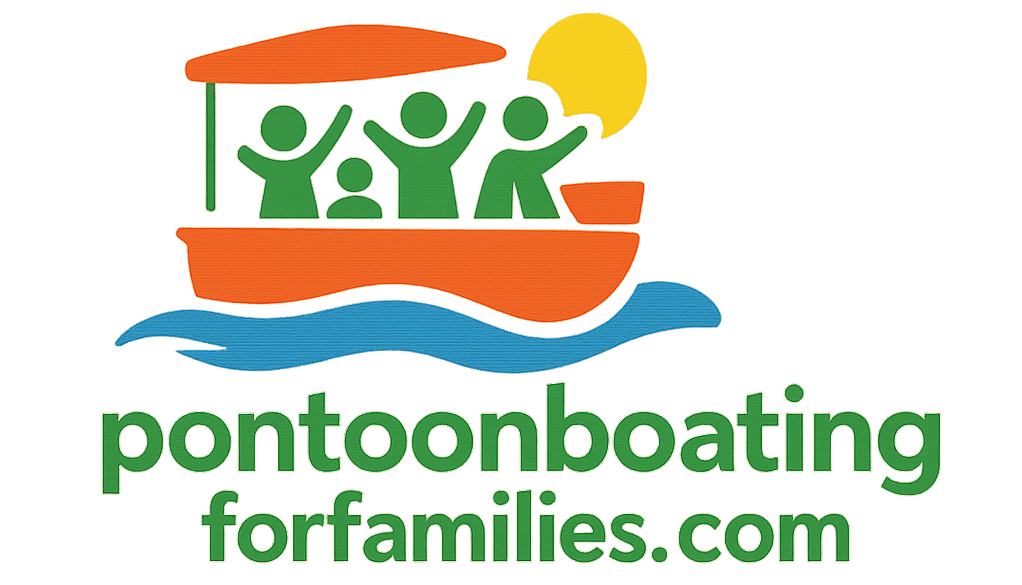If you enjoy pontoon days on the water as much as I do, you probably care about keeping both your boat and the environment looking great for the long run. Ecofriendly boating isn’t just good vibes; it’s pretty handy for protecting your investment and ensuring lakes, rivers, and coastlines stay clean for everyone. So, this guide focuses on practical ways to care for your pontoon while also looking out for nature.
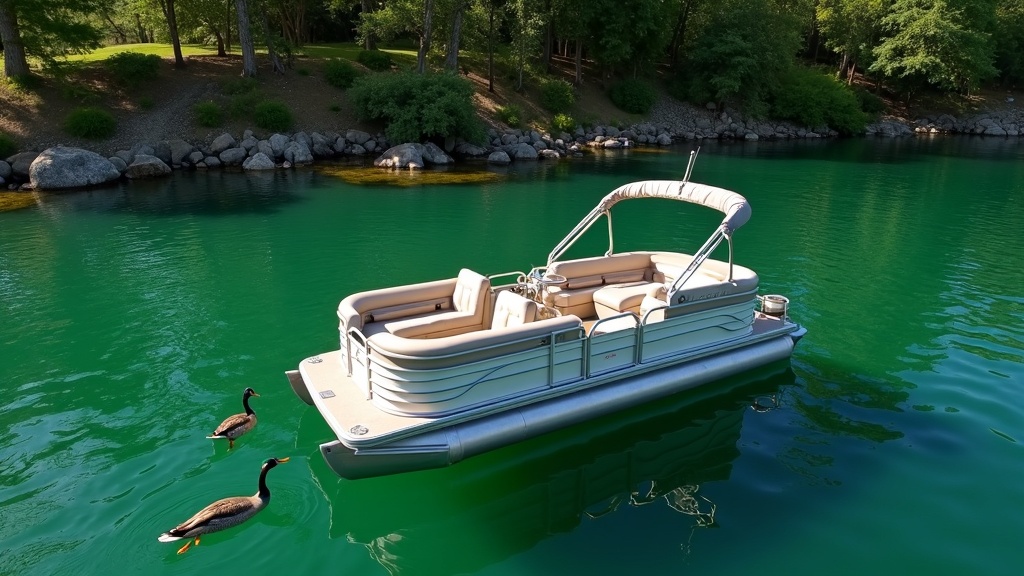
Why Ecofriendly Boating Matters
Moving toward ecofriendly boating is about more than using less fuel or picking up trash. Everyday boating habits can have a real impact on sensitive waterways. Fuel spills, runoff, harsh cleaning chemicals, and even loud noises can disrupt habitats and make life tougher for fish, plants, and birds. I’ve noticed that when I stick to smarter practices, my pontoon also requires less maintenance, saving time and hassle.
The Environmental Protection Agency estimates that recreational boats contribute to localized pollution, especially in busy areas. When boaters make small, thoughtful adjustments, those clean water gains really add up. Plus, it just feels good doing your part.
Simple Ways to Green Your Pontoon Routine
Eco-friendly boating doesn’t mean overhauling everything you do. Many of the most effective changes are quick to add to your routine and make a difference right away. Here’s how I keep my pontoon outings green:
- Choose eco-safe cleaners: Ditch harsh chemicals for biodegradable soap and cleaning products designed for marine use.
- Watch for leaks and drips: Regularly check your pontoon’s engine and fuel lines to avoid leaks. Catching problems early prevents spills.
- Reduce single-use plastics: Swap disposable cups, straws, and utensils for reusable gear on every trip.
- Stick to speed limits: Slow cruising in no-wake zones helps prevent shoreline erosion and keeps nesting wildlife undisturbed.
- Use fuel efficiently: Keep your engine well-tuned and plan outings to reduce backtracking, saving both fuel and money.
Taking Care of Your Pontoon the Ecofriendly Way
Clean, protect, and store your pontoon using supplies and habits that lighten your impact. I stick with a few key methods to keep my own boat and my favorite lake looking fresh:
- Bio-degradable Boat Wash: Most quality marine soaps break down in water and do the trick without harming aquatic life. Using a soft brush and rinsing above the waterline works best.
- Scrub Sparingly: Regular rinses after each ride keep buildup at bay, so I only need deeper cleaning less often.
- Protective Covers: A good cover keeps debris (and bird droppings) off the seats and deck, which cuts down on cleanings and extends the lifespan of everything.
- Grease & Lube Carefully: Use ecofriendly lubricants for moving parts and make sure excess grease stays far away from the water.
- Eco-Conscious Detailing: Skip solvent-heavy sprays for vinyl and metal. There are plenty of plant-based, marine-safe protectants that work just as well.
Handling Trash & Waste Responsibly
One of the easiest ways to make a positive impact is by managing garbage, recycling, and wastewater with a plan. I always carry a bag just for collecting trash, which makes it simple to deal with wrappers and cans right away. It helps to:
- Pack in, pack out: Every item you bring on board should leave with you, including lost fishing line, bottle caps, and leftover food.
- Keep an eye on recyclables: Toss cans, plastic, and other recyclables in a separate bag for proper disposal back at the dock.
- Handle fuel and oil correctly: Absorb any spills with pads, and always dispose of them at a marina’s hazardous waste station.
- Plan restroom breaks ahead: Use on-shore facilities whenever you can. If your pontoon has a portable toilet, empty it only at approved pump out stations.
Eco-friendly Upgrades for Pontoons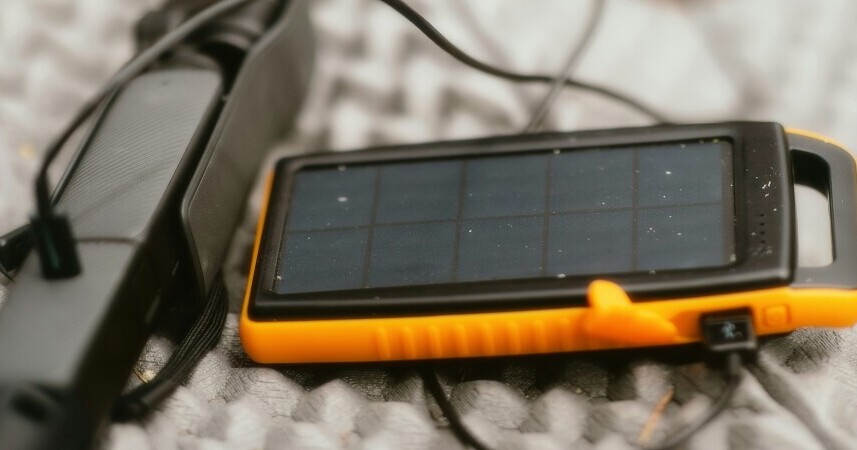
A few small upgrades can make your pontoon more environmentally friendly without sacrificing comfort or looks. I’ve added some of these onboard, and they’ve worked out well:
- Quiet, fuel efficient engines: Newer four-stroke or electric motors burn cleaner, run quieter, and save on fuel bills. Even a small engine upgrade can make a difference.
- LED lighting: Switching to LED bulbs lowers your battery draw and lasts more seasons than standard bulbs.
- Solar chargers: These panels keep onboard devices topped up without draining the battery or needing to idle the motor.
- Ecofriendly hull coatings: Try low toxicity anti-fouling paints and cleaners to keep invasive species at bay without harming the water.
Finding Your Way and Anchoring Without Harm
I do my best to enjoy the waves without damaging aquatic plants or disturbing wildlife. Careful navigation habits pay off for both your pontoon and the local ecosystem. I’ve picked up these habits along the way:
- Avoid shallow, weedy areas: Propellers can shred plants and kick up sediment, so I stick to marked channels.
- Raise your motor in the shallows: Lifting the lower unit in low water minimizes stirring up mud and injuring fish habitats.
- Anchor with care: Use existing sandy or rocky spots rather than sensitive grass beds to avoid uprooting aquatic plants.
- Watch for wildlife: Give birds, turtles, and other critters space. Sometimes slowing down a little helps you see next level cool wildlife up close, too.
Tips for Eco-friendly Boating with Kids or Guests
If you bring family or friends along, eco habits quickly catch on. Sharing what you do (and why) makes the trip more meaningful for everyone. Here are a few ways I keep the group in sync:
- Hand out reusable cups and snack containers at the start so nobody’s tempted by disposables.
- Let kids help spot and pick up stray trash (I turn it into a scavenger hunt, which makes cleanup less of a chore).
- Talk about water quality and the local fish or birdlife while you’re cruising, helping everyone see why small choices matter and how they can step up their ecofriendly game.
- Explain simple ways to look for wildlife and the importance of slowing down in certain zones. This can turn a simple ride into an eye-catching, next-level cool experience for kids and adults alike.
Common Challenges (and Solutions) for Ecofriendly Pontooning
Sometimes, eco-friendly solutions feel like a hassle, but once you’ve got your systems down, everything gets easier. Here’s how I deal with the biggest challenges:
- Finding green products: Not every cleaner at the lakeside shop is eco-safe. I buy in advance from trusted brands labeled “bio-degradable” or “marine-safe.”
- Fuel economy: Taking it slow, trimming the motor right, and avoiding long idling stretches stretches your fuel and keeps emissions lower; not to mention it helps your engine last longer.
- Storing waste safely: I always keep a small, sealed trash can on board. Some local marinas offer free hazardous material collection days for oil, filters, and old fuel, which is pretty handy.
- Dealing with guests who don’t know or care: Set a good example, have extra re-usable utensils, and offer a little background on why it matters. It usually wins folks over once they spot how easy it is.
Dealing With Common Pitfalls
Forgetting to pack enough snacks or drinks is the fastest way to generate last minute waste. I prep ahead with re-usable containers and make a checklist, which saves runs back to the dock for impulse buys. Also, if someone accidentally drops trash overboard, we make a team effort to track it down and keep the lake clean.
Keeping Pontoons Clean After Outings
Once you’re back on land, a quick spray-down with lake or river water rinses off dirt, sunscreen, and spilled snacks. This routine helps prevent the buildup of gunk, so deeper cleaning is faster; you’ll be ready to go again next weekend.
Consider wiping down seats and railings with a gentle, eco-friendly cleaner before storing your pontoon. This prevents sticky residues from attracting dirt and pests, and doubles the benefit of using less water overall. As a bonus, your boat stays ready for spontaneous plans with friends!
Eco-friendly Boating in Action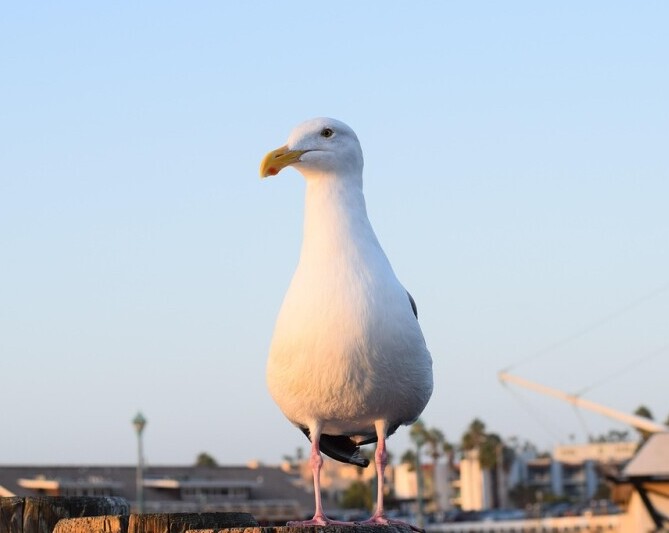
I’ve seen some local boating clubs set up “clean boating days” where everyone pitches in to tidy up the shoreline. It’s a great chance to learn tricks from others, swap gear, and give back to the community. On especially busy summer weekends, public lakes can end up with bottles and trash floating by. When just a few pontooners take a few extra minutes to scoop it up, it really shows and lifts up the reputation of the local boating scene.
If you’re looking for more ideas, plenty of groups and marinas now offer ecofriendly boating workshops and rewards for green habits. The more you share what works, the more likely others are to follow suit. Teaming up with others in your area can also make a big impact since it helps spread the word about eco-friendly boating and keeps standards high for everyone.
Frequently Asked Questions
Here are a few things I’m often asked by boaters looking to be more ecofriendly:
Question: What’s the easiest way to make my pontoon more ecofriendly?
Answer: Start by swapping to bio-degradable cleaners and packing a trash and recycling bag every time you head out. It’s quick, low effort, and makes a visible difference. You could also shift to reusable dining gear, which cuts down on single-use plastics and makes trips more comfortable.
Question: Do ecofriendly supplies cost more?
Answer: While some eco products are a bit pricier upfront, they often last longer and keep your pontoon in better shape, saving money in repairs and upgrades later on. Many marinas run specials or offer bulk deals, so check ahead before you stock up for the summer.
Question: Are electric or solar engine upgrades worth it?
Answer: Electric and solar engines are getting better every year. If you boat often or like peaceful, quiet trips, they’re definitely worth checking out for both savings and cleaner cruising. Some towns even offer incentives or reduced docking fees for electric boats, so it’s worth asking at your local harbor.
Caring for Your Pontoon and the Waterways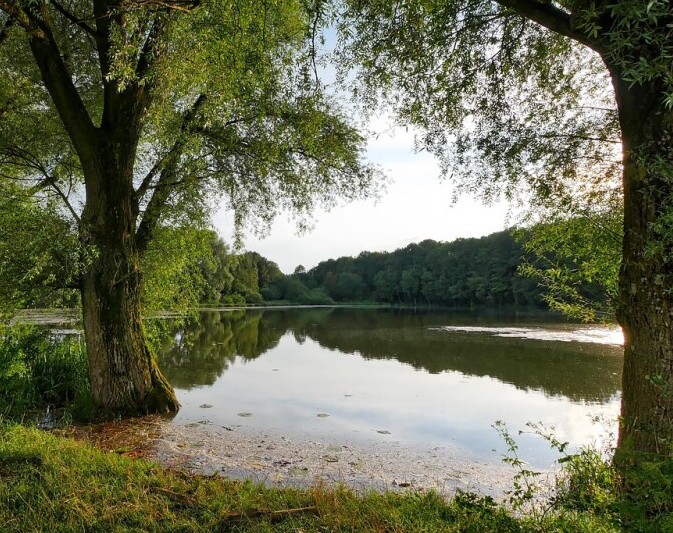
Eco-friendly boating doesn’t have to be complicated or boring. With a few small tweaks to gear, routines, and how you store and use your pontoon, you’ll be cutting waste, saving money, and helping keep your favorite spots beautiful for years to come. Every good habit adds up, and you’ll feel good each time you enjoy the water knowing you’re protecting it too.
**Here’s a little transparency: Our website contains affiliate links. This means if you click and make a purchase, we may receive a small commission. Don’t worry, there’s no extra cost to you. It’s a simple way you can support our mission to bring you quality pontoon boating content.
